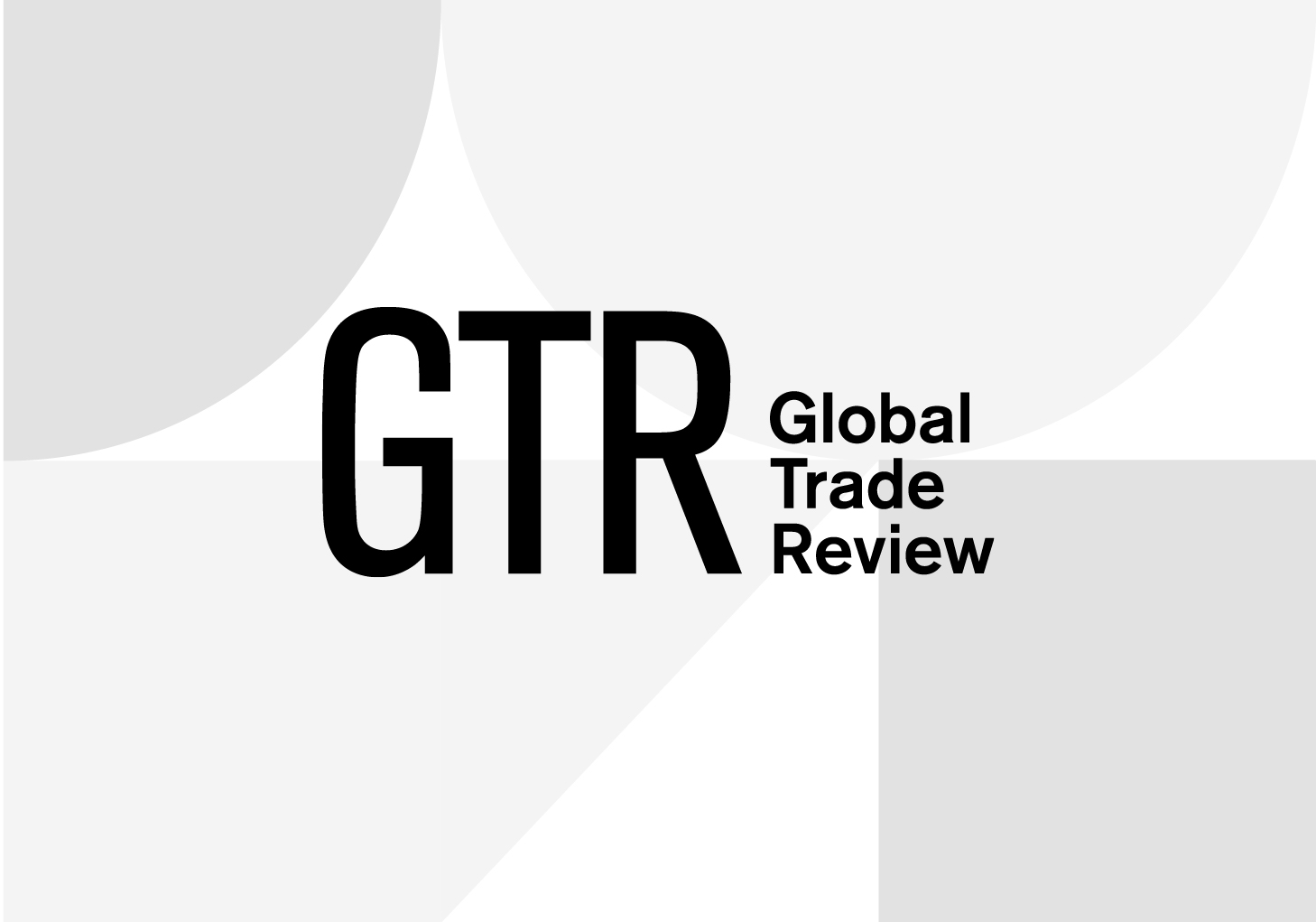Compliance is a key focus in winning exports in a turbulent world. This was the message delegates at the British Exporters Association (BExA) seminar, held in late May, heard from several speakers who emphasised the importance, and the challenges, of being compliant.
BExA’s members were advised to be aware of the challenges posed by an increasingly complex regulatory environment. “The list of high-risk countries is increasing,” warned Justine Walker, director, financial crime (sanctions and bribery) at the British Bankers Association (BBA), referring particularly to Russia and the areas affected by the Islamic State.
According to Walker, changing sanctions create challenges for exporters and banks alike, who are required to perform more thorough know-your-customer (KYC) processes to ensure transactions do not violate regulations in terms of financing and ownership structure.
Rolling back sanctions presents challenges too, said Walker. While predicting an 80% likelihood that the nuclear deal with Iran will go through in what would be “the biggest foreign policy success since WWII”, she also noted that financing deals with the country would remain difficult. In the same way that banks are still uncomfortable doing business in Myanmar after the lifting of sanctions, they could still be wary of Iranian transactions due to the uncertainty regarding the complex licensing provisions. While trade would be allowed in theory, in practice it would still be challenging to receive financing for it. Also, present concerns around money-laundering and human rights, related to reputational risk of doing business with certain entities in the country, would remain, regardless of the sanction system.
Anti-bribery and corruption (ABC) compliance was also high on UK Export Finance (UKEF)’s priority list. David Godfrey, UKEF chief executive, announced that the agency is looking to simplify and clarify its policy on ABC compliance, and carried out a survey on the issue. UKEF is in the process of examining the survey results to understand how to make the rules more immediately understandable, and to provide better support for exporters looking into these issues.
The seminar delegates also heard that not enough companies have anti-bribery and corruption systems and training for their employees in place. These, it was noted, are vital in being able to prove that a company has done all that was possible to be compliant in case an employee is involved in a bribery or corruption case. Delegates were also reminded that refusing a bribe is always an option, and that asking for a receipt may be a good strategy in dealing with potential-bribing situations.







